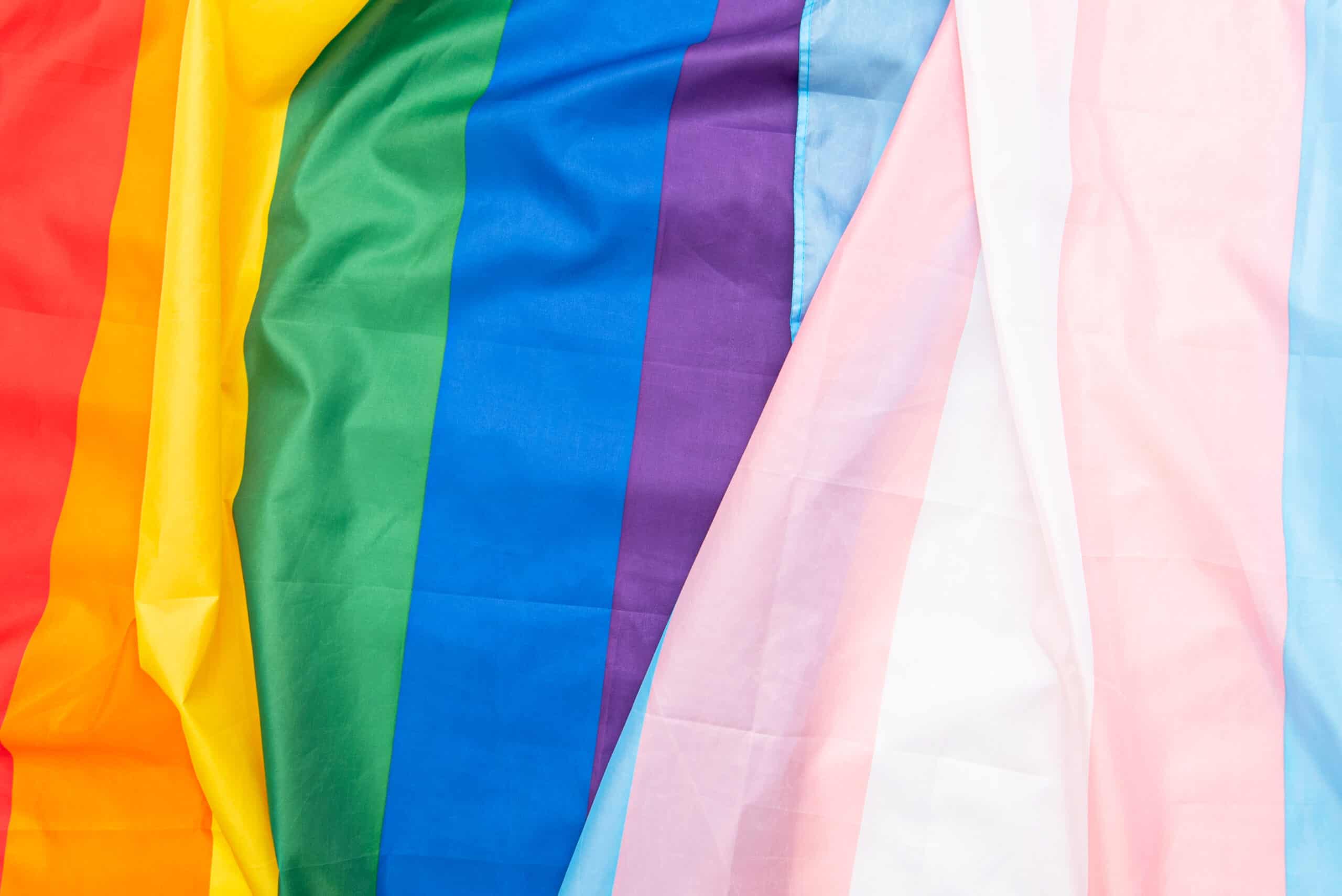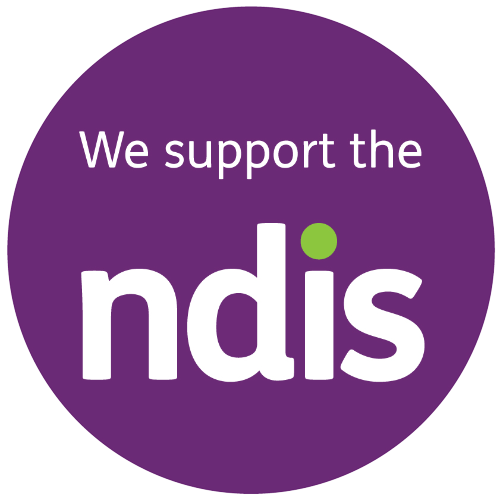Welcome!
My moment of truth for today – this is my first blog post I have ever written, in both my personal and professional life. It is new and exciting, but ultimately nerve wracking! So please bear with me while I learn.
I’m Kiaya, I am not yet a fully registered general psychologist, I am provisionally registered and I am hoping to be generally registered in the next few years. I have, however, been working with people and in communities for most of my working life.
Last month, June, was National Pride Month, our time to celebrate the diversity of the LGBTQIA+ community. It is a time of reflection and remembrance, and a time to acknowledge the remaining discrimination and growth we need to create a more open and inclusive society.
Through my working life, my area of passion has been working in the LGBTQIA+ spaces and communities. Often saying this feels like a form of othering of those who identify as LGBTQIA+, especially when balancing with my own queerness and identity.
However, working within the LGBTQIA+ space involves a set of knowledge and skills that are important for professionals to be aware of. We may have missed this discussion in June, but it is still an important conversation to have at any time of the year and at any point in our life or career.
One of the areas that I have had to develop in my working in LGBTQIA+ spaces, and with individuals identifying as LGBTQIA+, has been around individuality and challenging assumptions. Due to my own identity within the space I began my work passionate and excited, however also with a set of assumptions that I knew what I was doing and it would be simpler for me due to my own understanding (through personal, professional and educational growth).
What I quickly realised and had to remind myself of is that the LGBTQIA+ space is vast, with many identities, many stories and many experiences. One person’s experience of being queer is not the same as the next, individuals will have different opinions and preferences around language, expression and even how their LGBTQIA+ identity is brought into their whole, and I am not a reflection of all queer people and their sets of experiences.
All individuals present with an intersection of identities and it is important to strive to understand their LGBTQIA+ identity within their intersection of identities. It is important to go into each session open and ready to learn, and without the willingness to learn and listen you will be unable to properly support. Explore each person’s story, their identity, and their preferences. No matter your own experience, you will never fully understand their’s without taking the time to learn.
Ultimately, the most important thing professionals can do when working with sexually and gender diverse individuals is to create an affirming and safe space. This does not mean simply stating that you are LGBTQIA+ friendly, it means ensuring that there is consistent affirming actions taken on both an individual and organisational level.
On an organisational level...
it means ensuring that referral documents include opportunities to identify chosen names and correct pronouns, and that reports and paperwork reflect those. Include your own pronouns email signatures, and a visual rainbow pin or poster in physical spaces to cue open and inclusive spaces.
On an individual level...
it means ensuring you respect individuals by using their pronouns and name, by asking questions and apologising when unsure, and correcting behaviour that causes harm. Be aware that it is not the responsibility of the individual to teach you about the community or to explain their experiences, and ensure you seek your own education, training and knowledge. Explore and discuss topics without judgement, and validate the impact of stigma and discrimination on the individuals wellbeing.
LGBTQIA+ individuals experience higher risk factors for mental health diagnoses and suicidality, and it is important to understand theses concerns and validate impact.
Strength, resilience and pride make up the LGBTQIA+ community, and all of the individuals identifying within the community. Affirm identity, and recognise the positive impacts that affirming spaces, communities and support networks can have. Be ready to continuously learn, and always remember to provide affirming and client-centred care! Be sure to research and link in with services and supports in your area!


